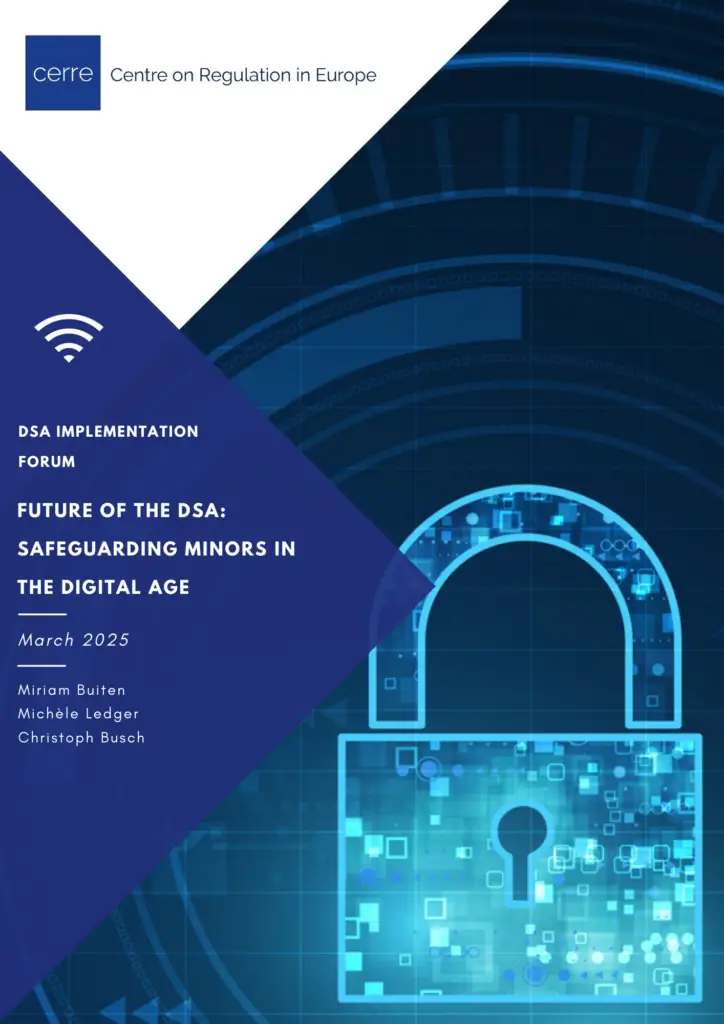and University of St.Gallen
Miriam Buiten is a CERRE Research Fellow and Assistant Professor of Law and Economics at the University of St.Gallen, Switzerland. She leads a research team on “Platform Governance”, funded by the University of St.Gallen Basic Research Fund. Her research focuses on the legal issues surrounding new technologies and artificial intelligence and the role of competition law in regulating the digital economy.
Previously, Miriam was a Junior Professor of Law and Economics at the University of Mannheim. She has been involved in several policy studies for the European Commission and the Dutch government on topics such as the role of online intermediaries in the ecommerce sector and mechanisms to reduce regulatory burdens.
Miriam Buiten is a CERRE Research Fellow and Assistant Professor of Law and Economics at the University of St.Gallen, Switzerland. She leads a research team on “Platform Governance”, funded by the University of St.Gallen Basic Research Fund. Her research focuses on the legal issues surrounding new technologies and artificial intelligence and the role of competition law in regulating the digital economy.
Previously, Miriam was a Junior Professor of Law and Economics at the University of Mannheim. She has been involved in several policy studies for the European Commission and the Dutch government on topics such as the role of online intermediaries in the ecommerce sector and mechanisms to reduce regulatory burdens.





